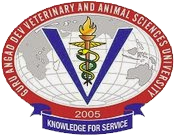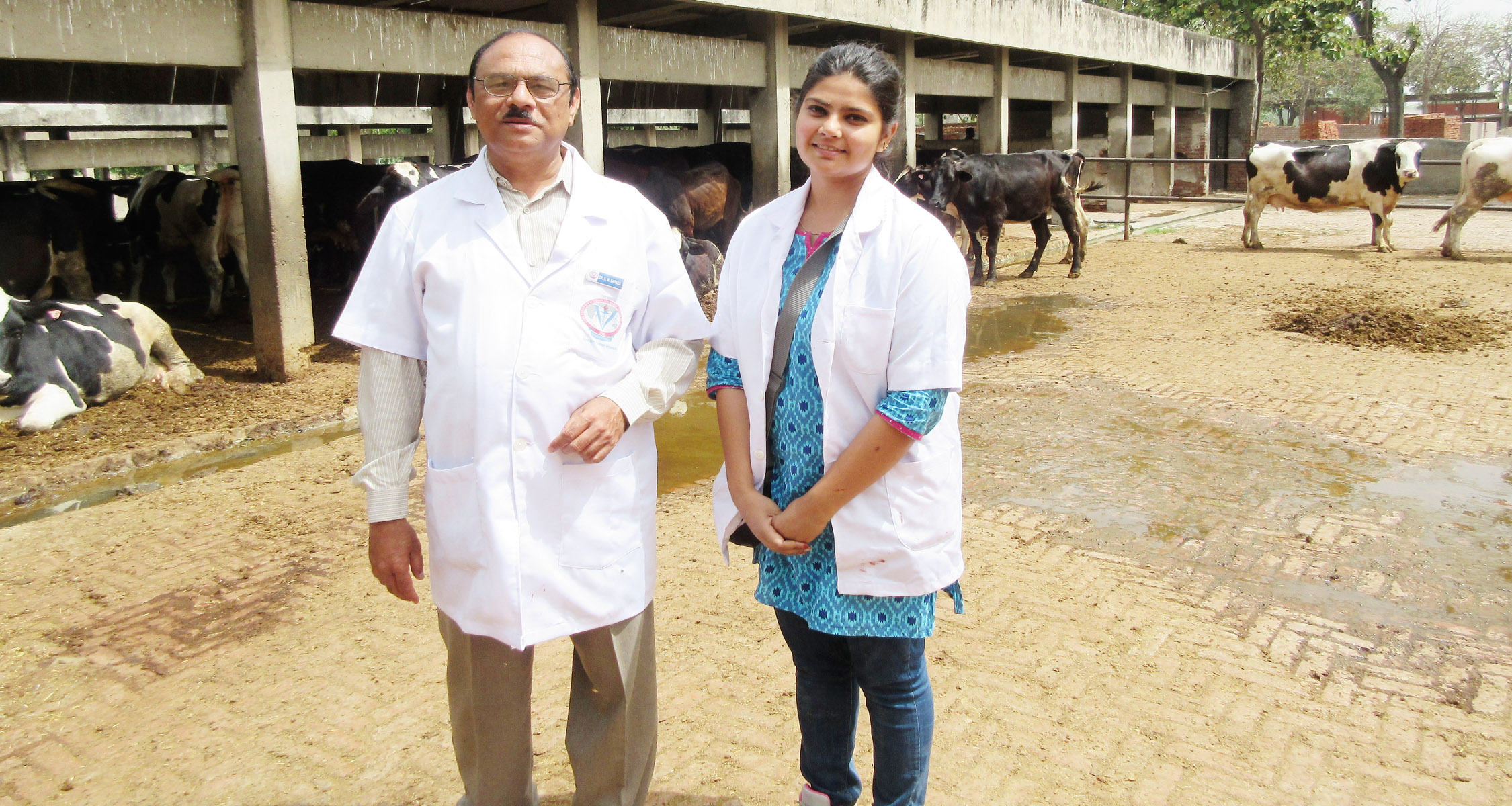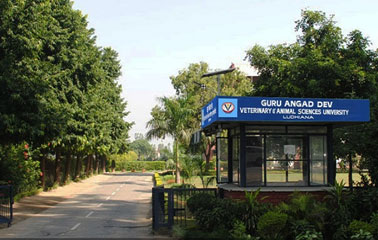

Scientists at Guru Angad Dev Veterinary and Animal Sciences University (GADVASU), Ludhiana have developed a novel immunotherapy for bovine Brucellosis which has been shown to cure Brucellosis in adult cows in thr
 Dr. Saxena revealed that Brucellosis is zoonotic disease worldwide caused by the bacteria of various species of Brucella organisms. It causes abortions and reproduction disorders in cattle, buffaloes, goats and sheep and can affect pigs, dogs, camels and several other animal species as well as humans. This disease causes production losses worth about Rs. 25,000 Crores annually in India alone. Affected animals become carriers for the rest of their lives and spread infection to other animals. Presently, there is no cure for Brucellosis and the available antibiotics as well as the vaccine currently being used in India have not been able to control the disease.
Dr. Saxena revealed that Brucellosis is zoonotic disease worldwide caused by the bacteria of various species of Brucella organisms. It causes abortions and reproduction disorders in cattle, buffaloes, goats and sheep and can affect pigs, dogs, camels and several other animal species as well as humans. This disease causes production losses worth about Rs. 25,000 Crores annually in India alone. Affected animals become carriers for the rest of their lives and spread infection to other animals. Presently, there is no cure for Brucellosis and the available antibiotics as well as the vaccine currently being used in India have not been able to control the disease.
A cocktail of vaccine strain organisms S19 and RB51 of Brucella abortus bacteria killed by a bacteriophage was used as therapeutic vaccine. Brucellosis affected cows were injected 2 millilitres of this lysate under the skin once. The treated cows were monitored fortnightly over a period of three months employing a Brucella specific molecular biomarker. The therapy eliminated live virulent Brucella abortus organisms from the cows as indicated by progressive reduction and ultimately complete absence of the biomarker in the blood by 90th day after the treatment.
The novel immunotherapy and its non-invasive monitoring through the molecular biomarker have been successfully employed for the first time. The principle behind the biomarker based non-invasive monitoring, a spin-off innovation of the therapeutic vaccine research, has vast potential and can be applied for evaluation of different kinds of new antimicrobial treatments in animals and humans accurately and cost-effectively, abolishing the killing of laboratory animals for bacterial count in various organs currently in vogue in the pharmaceutical industry.
